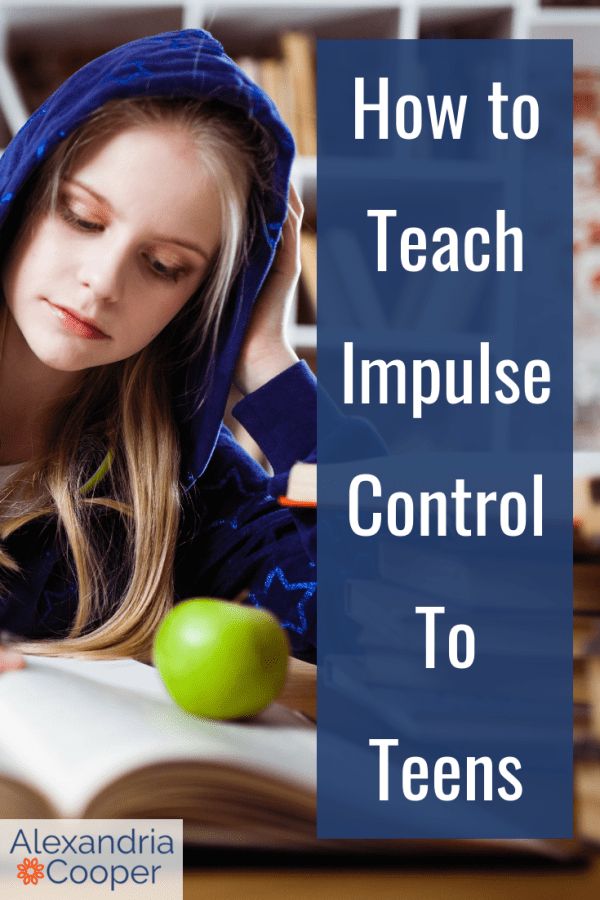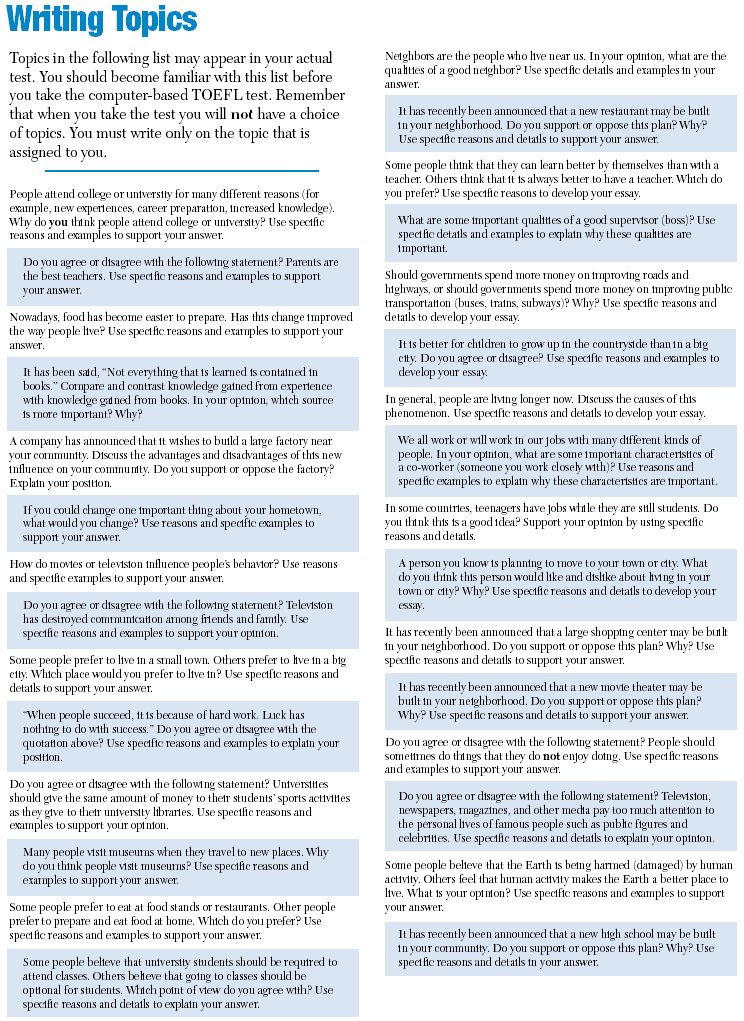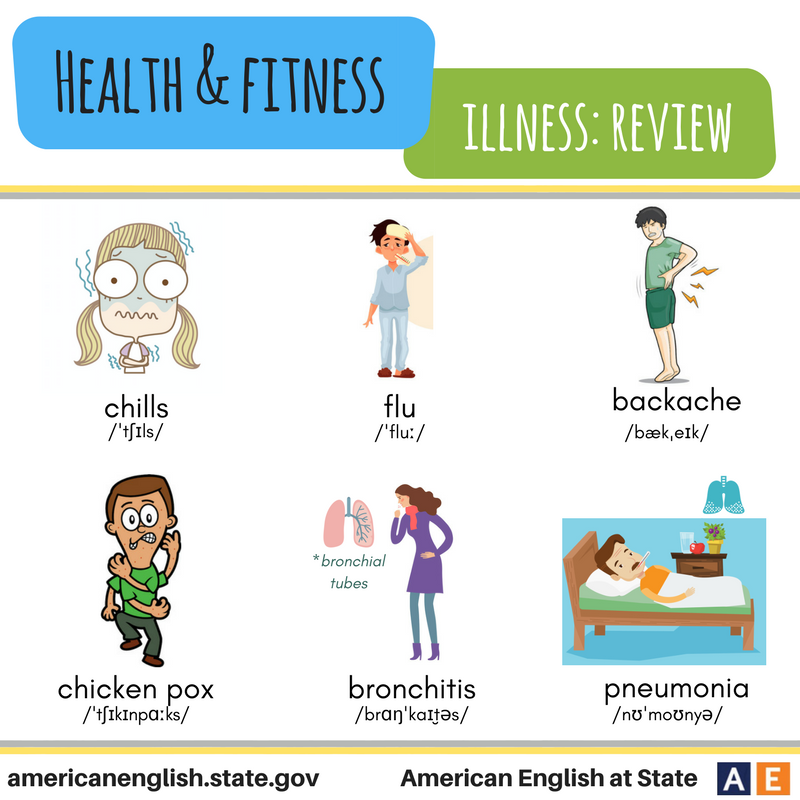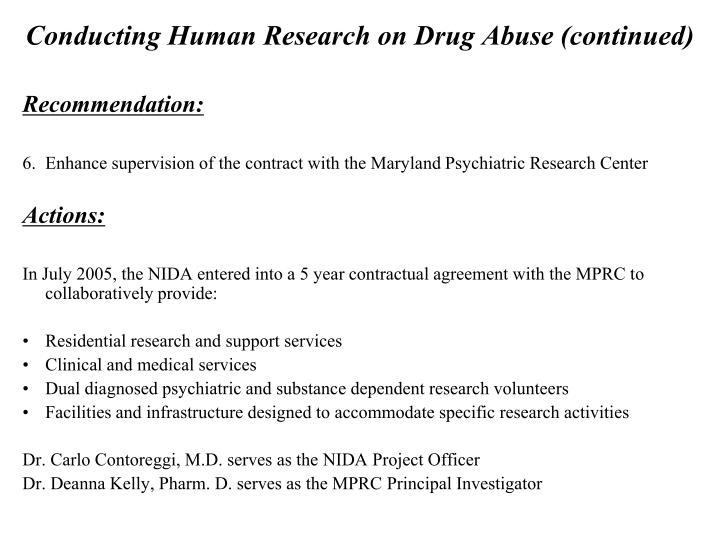Controlling your impulses
Six Principles to Best Manage Impulses to Maximize Life Satisfaction and Success
Some thoughtful readers of my recent blog post last week about the importance of controlling impulses to maximize life satisfaction and success asked about particular methods to better control impulses.
This is an excellent and important question that clearly needs to be addressed. While it is easy to say that impulse control is a good thing, it is harder to actually do it. Here are six principles to help you better manage your impulses.
- Know your risks. Assess what areas of your life have caused trouble for you as it relates to impulse control. Some people have trouble with procrastination. Some have problems with drinking too much or eating too much. Others are "hot-tempered" and have trouble controlling their anger. Still, others find it challenging to manage their spending impulses, often getting themselves into financial or debt troubles. Can you identify the areas of your life where impulse control gets you into trouble? Better yet, ask someone who knows you well to answer this question.
They may have a better perspective on your issues with impulse control than you do. In fact, they likely do.
- Plan for your risks. Once you have identified your particular impulse control risks, you can better plan for them and develop a productive problem-solving action plan. Let social engineering help you. For example, if eating too much is a problem for you, then consider ways to keep problematic foods out of your environment. If drinking too much is a problem, perhaps keep alcohol out of the home. If shopping is a problem, consider avoiding the malls or getting rid of your credit cards. If friends, family, or associates encourage you in a negative way (e.g., having "drinking buddies"), consider altering who you spend time with or how you spend time with these individuals or groups. Social engineering is very helpful if you take it seriously. Alter your environment to help you cope better with impulse control. Please note that I am not encouraging you to merely repress impulses or to deny them.
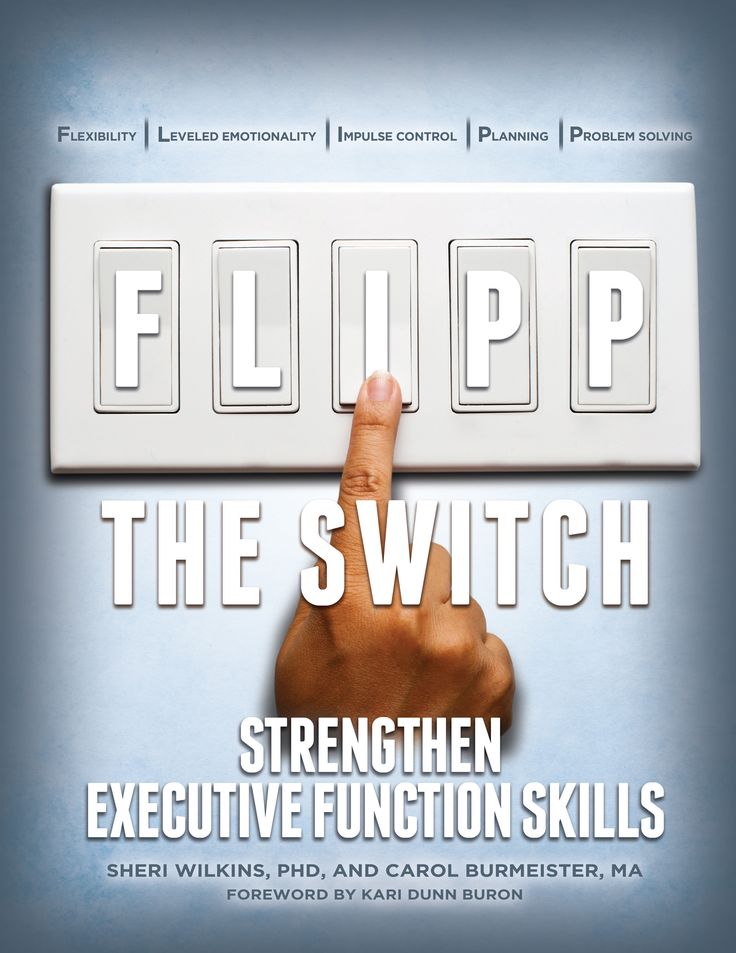 Rather, I'm suggesting that you learn to better manage them in a productive and healthy way by managing your environment better.
Rather, I'm suggesting that you learn to better manage them in a productive and healthy way by managing your environment better. - Count to 10... a lot! If you can delay action on your impulses you can often overcome them. There really is something to be said for counting to 10 (of course, count slowly). Or if counting slowly is unlikely, then count to 10 in another language. For some people, they may want to count to 100 in another language!
- Be mindful. Being attentive to your feelings, impulses, and desires in a nonjudgmental way by noticing them without attaching to them in a mindful manner can be very helpful. Remember, just because you have an impulse doesn't mean you have to act on it!
- Get corrective feedback. It's hard to change behavior without ongoing corrective feedback. Can those who are close to you assist by giving you corrective feedback when you are acting on impulses in a problematic manner? Of course, you don't want friends and family to be nagging you but if they can helpfully and without judgment point out behaviors that you might not notice then you may make progress on your goal to better control impulses.
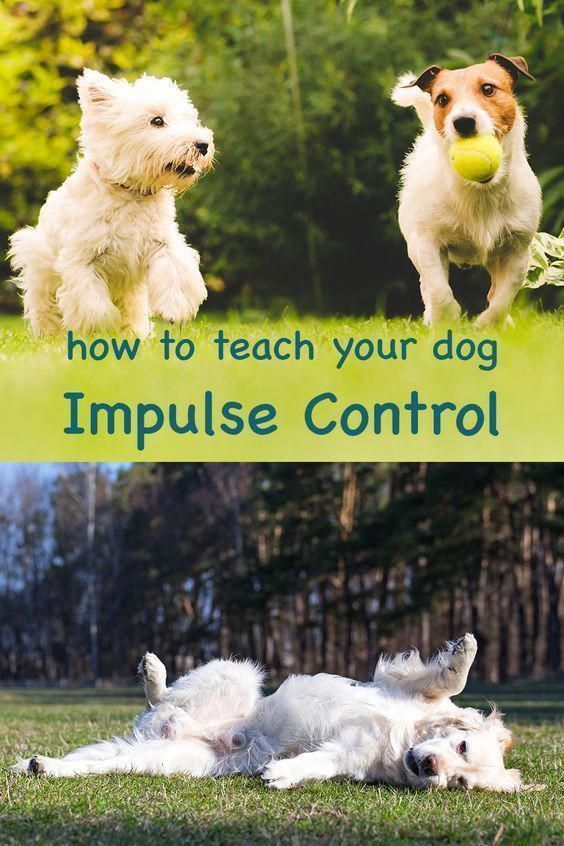
- Rome wasn't built in a day. Don't give up. Behavior change is hard. It's very hard! The odds are high that you'll need to work on it over time and that you'll make progress sometimes with several steps forward and several steps backward. Don't give up. Any progress in the right direction is indeed progress and you might try to be gentle with yourself knowing that Rome wasn't built in a day.
There are no magic or simple answers when it comes to controlling and managing your impulses (and behavior change in general). But there are principles for success. Try these out and see how they work for you.
5 Tips to Tame Impulsive Behavior
We include products we think are useful for our readers. If you buy through links on this page, we may earn a small commission. Here’s our process.
If you have difficulty paying attention, often feel restless, and give in to urges easily, you may be living with the hyperactive-impulsive presentation of ADHD.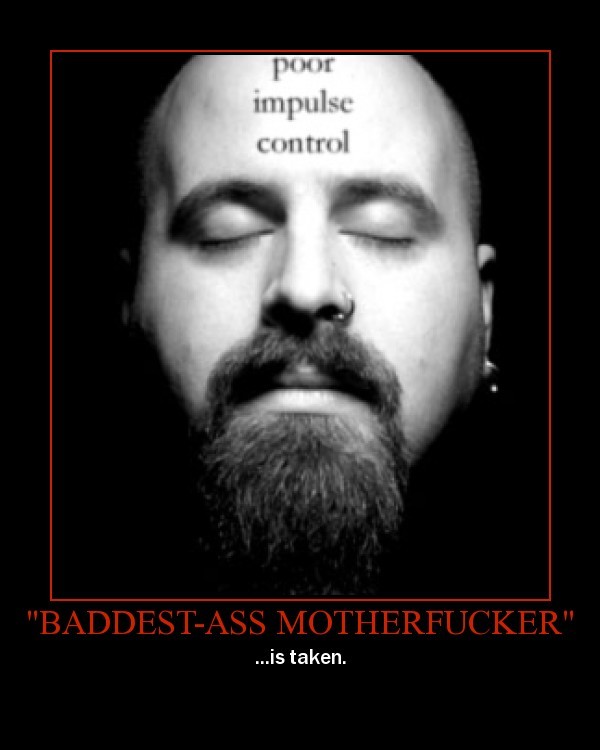
Managing impulsivity is possible, even if it might feel really challenging at times.
The first step to control your impulses is to seek the support of a mental health professional who can help you create and maintain a treatment plan for adult attention deficit hyperactivity disorder (ADHD).
But there’s a lot you can also do on your own to manage and improve impulse control. By being an active player in your treatment, you can further improve your quality of life.
What does impulsive behavior look like in ADHD?
Every adult is unique, so it depends on your personality and circumstances.
In general, impulsive behavior often looks like an improvised or unpredicted course of action that’s not based on logic. It’s your emotions driving your behavior.
These impulsive actions may sometimes go against your own plans and habits, and on some occasions, they might become harmful to you or others.
Examples of impulsive behavior include:
- Constantly interrupting conversations or say things you later regret.

- Hopping from one activity to the next one or try to handle three simultaneously.
- Go shopping for one item and return home with endless bags.
- While driving, you get impatient and begin cutting in front of everyone.
- Go out to have one drink and end up coming home with someone you don’t know.
Most people act impulsively from time to time. The difference is that ADHD — particularly the hyperactive-impulsive subtype — affects impulse control to the point that these behaviors become persistent over time and across situations.
The following impulse control techniques may help.
How does your impulsivity manifest? What are the common negative consequences? When and where are you the most impulsive?
“No two ADHD adults look the same,” says Terry Matlen, ACSW, a psychotherapist and author of “Survival Tips for Women with AD/HD.” “That’s why it’s vital to understand how your particular ‘flavor’ of ADHD affects your life.”
To become aware and identify the particulars of impulse control challenges, you can begin by taking notes and keeping an inventory.
Eventually, you’ll find a system that works best for you. To start, you could:
- list recent behaviors that you consider impulsive
- list recent behaviors that other people consider impulsive in you
- identify negative consequences of recent impulsive behaviors
- identify positive consequences of recent impulsive behaviors
- pinpoint the places where you most often become impulsive
- select some impulsive behaviors that might be the most harmful to you or others
Matlen also suggests reading about ADHD in adults and attending support groups and conferences that can provide further resources.
To control your impulses, you can sharpen your self-awareness by practicing mindfulness.
“[B]ring attention to the present moment and observe what is happening without judging it,” says Lidia Zylowska, MD, a board-certified psychiatrist who specializes in adult ADHD and penned the book “The Mindfulness Prescription for Adult ADHD. ”
”
For instance, focus on your thoughts, emotions, and urges along with how your body feels when you’re about to be impulsive, says Zylowska.
This may not be easy at first. You might pick up on your impulsivity only after being impulsive. But with practice, you can start identifying what precipitates your impulsive behavior.
Mindfulness may also help you gain some distance from your urges. This way, you aren’t driven by your impulses but simply observing them. Then, you can decide on your actions, adds Zylowska.
Here’s how it could work:
- Practice how to recognize an urge before you act impulsively.
- Put a name on that urge. For example, “This is anger I feel.”
- Identify the action that emotion is leading you to. For example, “I want to criticize my spouse (because I’m angry).”
- Identify what you need to do to stop the impulsive behavior. For example, “I need to express my frustration without making it personal.” Or, “I need to step away, take a moment, and come back later.
 ”
” - Approach the situation once your urge has decreased.
- Document your emotion, what you felt like doing, and what you ended up doing.
Use a supportive, compassionate, and encouraging voice, says Zylowska. For instance, if you want to manage your impatience, you might say: “Waiting is hard for you, but see if you can be a bit more patient right now.”
Checking in refers to taking inventory of how you feel and what your predominant thoughts are right before acting impulsively.
The goal is to pinpoint the inner dialogue underlying your impulsive behaviors. Once you do, you can challenge them.
For instance, let’s say you had to complete a job task but ended up browsing Facebook for an hour.
Carol Perlman, PhD, a psychologist who developed a cognitive behavioral therapy for adult ADHD, suggests asking yourself a series of questions.
For example:
- What was going on when you started the task?
- Did it feel doable?
- Was it interesting?
- Was any resistance in you regarding the task itself?
Maybe you started looking at Facebook because the thought of sitting at your desk for two hours straight seemed utterly unbearable, she says.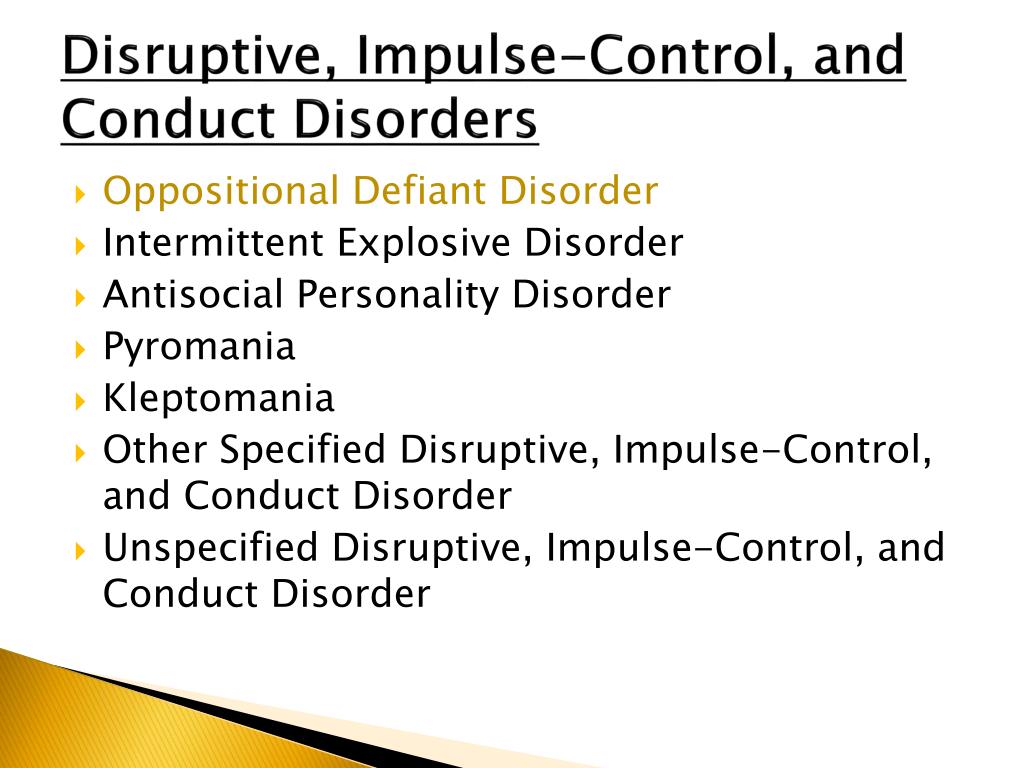
Once you’ve identified the challenges or emotions underlying your impulses, you can implement correctives.
There are many ways you can go about this. Here are some examples Perlman, also co-author of the therapist guide and workbook “Mastering Your Adult ADHD,” suggests:
- Break out your tasks into bite-sized steps. For example, work on your task for 30 minutes and then take a five-minute break in a different environment.
- When taking a break, plan for short and relaxing activities. Also, set up an alarm. If you stay on break too long, you may get distracted and move to other tasks.
- Keep asking questions about the task you’re having difficulty completing. For example, “How bad can this really be?” or “Can I coach myself through the less enjoyable parts?” or “How good will it feel once I finish?”
Once you improve your self-awareness and mindfulness, you’ll be able to know where and when you typically act impulsively. The following step is to sabotage those instances, says Matlen.
For example, if you usually overspend when you go out shopping, leave your credit card and checkbook at home. Take cash instead, and take only what you need to purchase what you’ll be shopping for.
If you need to curb impulsive speech, Perlman suggests taking a notepad with you to important meetings. Instead of blurting out your comments, jot them down as soon as they come to you. Read them later and mention them at the appropriate time.
To plan for this, go back to your initial list. Next to the impulsive behaviors you have identified, write the possible impulse control solutions.
Sometimes ADHD impulsivity might be the result of being stressed or on edge, says Perlman.
Relaxing can increase your impulse control.
Perlman suggests the following:
- Practice guided imagery.
- Listen to calming music at all times, particularly when you need to get busy.
- Implement deep breathing techniques throughout your day.
- Exercise as often as possible.
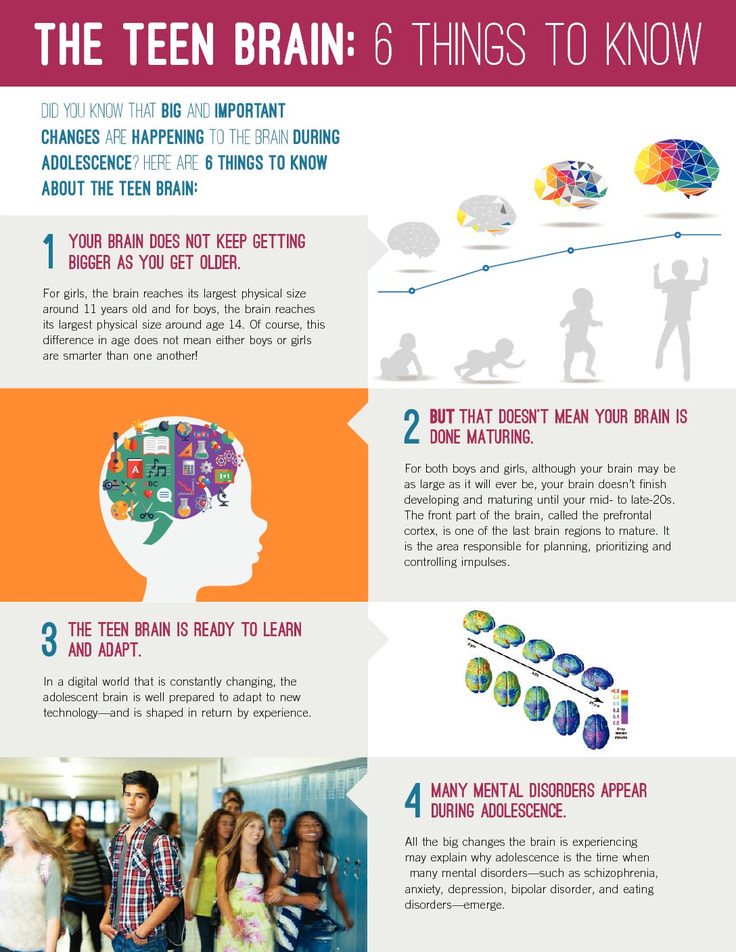
- Learn progressive muscle relaxation.
Managing ADHD impulsivity might be challenging at times, but it’s possible.
Self-awareness is the first step to impulse control, besides seeking the guidance of a mental health professional.
You can begin taming your impulsive behaviors by checking in with yourself, making it more difficult to act on impulse, and improving your mental and physical relaxation.
Learning to control impulses. Psychology of bad habits
Learning to control impulses. Psychology of bad habitsWikiReading
Psychology of bad habits
O'Connor Richard
Contents
Learning to control impulses
One of the main consequences of trauma is the loss of control over one's impulsive behavior. People do things without thinking about the consequences. It is clearly seen that their self-destructive actions are the result of the influence of uncontrolled impulses, and their authors then suffer from the long-term results of these actions. Their desire for immediate gratification hinders their ability to see into the future.
Their desire for immediate gratification hinders their ability to see into the future.
Behavioral economists have called this phenomenon time discounting . Do you want to get a thousand dollars right now or two thousand, but in a year? What about $1,900, but in a year? Or 1500? And 1200? It turns out that addicts, gamblers or smokers prefer immediate gratification more than most of us. They have a distorted idea of what might happen, and their vision of the future is limited to days, not years.
Other studies have shown that we have two competing systems operating in different positions of our "involuntary self": an impulsive system that wants rewards immediately, and a control system that regulates these impulses and decides (unconsciously) which choice is preferable. In people with addictions, the impulsive system is stronger than normal. The same applies to anyone who has trouble controlling impulsive actions, and that's pretty much anyone with self-destructive behavior.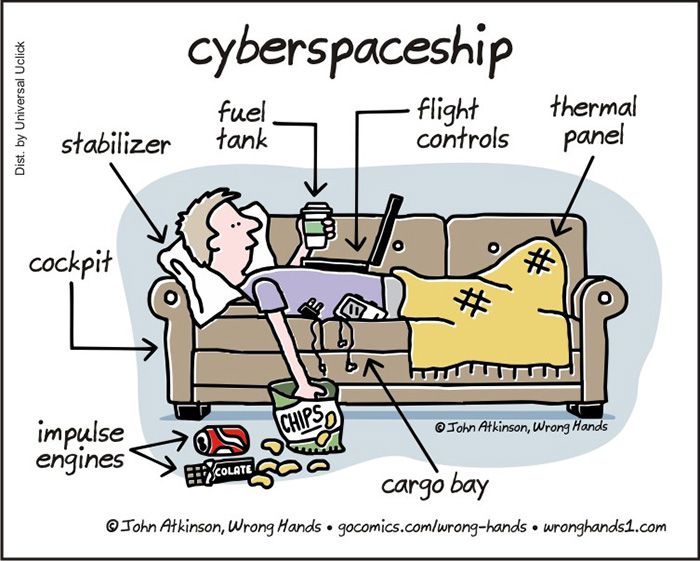 By giving freedom to impulses, we allow ourselves to shirk from work, unleash our anger, yell at children, break the diet. Thus, it becomes obvious that we must find ways to strengthen our control system and impulse control. Starting with conscious effort, with practice, we acquire new habits with greater ease, and then they become part of our "involuntary self".
By giving freedom to impulses, we allow ourselves to shirk from work, unleash our anger, yell at children, break the diet. Thus, it becomes obvious that we must find ways to strengthen our control system and impulse control. Starting with conscious effort, with practice, we acquire new habits with greater ease, and then they become part of our "involuntary self".
15. What to do if people try to control you and how to stop controlling others
15. What to do if people try to control you and how to stop controlling others • It is my responsibility to make sure that my loved ones study, work and behave in a certain way. • I have a responsibility to lead my family members. And they follow
How to control your thoughts and feelings?
How to control your thoughts and feelings? The appearance of "sick points", of course, would be good to control. But how to do that? Here the whole secret lies in the system of subordination. It is important who obeys whom - you are your thoughts and feelings, or your thoughts and feelings are yours. Question
But how to do that? Here the whole secret lies in the system of subordination. It is important who obeys whom - you are your thoughts and feelings, or your thoughts and feelings are yours. Question
CONTROL THE CHILD'S BEHAVIOR
CONTROL THE CHILD'S BEHAVIOR We as parents are responsible for almost everything that happens to our child, although we are often ready to argue with this. However, we can help our children avoid bad behavior, and therefore subsequent punishment. Here are five
How to Control the Interlocutor's Gaze
How to control the gaze of the interlocutor It makes sense to talk now about how to control a person's gaze during the visual presentation of books, tables, graphs, etc. to him. Studies show that 87% of information enters the human brain through visual
HOW TO CONTROL YOUR TRAINING
HOW TO CONTROL THE PROGRESS OF LEARNING Since personal safety training is a multi-step and lengthy process, it is important to keep track of your child's progress without losing sight of the end goal. The monitoring and self-monitoring system described below is for
The monitoring and self-monitoring system described below is for
CHAPTER 2 HOW TO CONTROL THOUGHTS
CHAPTER 2 HOW TO CONTROL THOUGHTS There will be no point if our consciousness mindlessly wanders through various spheres and areas, bumping into one or another circumstance, concept or phenomenon. In other words, with a little practice we can
Cannot control everything
You can't control everything Let's dwell on this in more detail. What are the reasons for rejecting the idea of control? It is impossible to control the universe. You cannot completely control your life. You have already tried to do this and, be honest with yourself, without much
Chapter 6. How to control manifestations of anxiety
Chapter 6 It is possible to control the manifestations of anxiety Since our feelings manifest themselves very quickly, and our anxiety is innate, it is very difficult to control the manifestations of anxiety, but still some tricks exist, although not so much for
What will help you control your irritability
What can help you control irritability You will have the strength to overcome disagreements and disputes.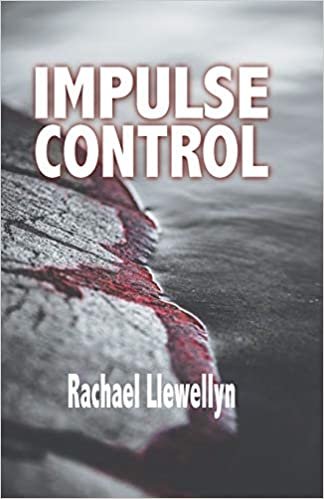 Solomon is sure: "... the patient calms the strife" (Proverbs, 15:18). Controlling your irritability will allow you to be objective and remain calm even in
Solomon is sure: "... the patient calms the strife" (Proverbs, 15:18). Controlling your irritability will allow you to be objective and remain calm even in
1. Learn to control your emotions
1. Learn to control emotions To become happier, you must first determine what makes you happy and what makes you sad. Working memory helps focus on similar experiences. In this exercise, you will need to identify
5 effective tricks to control your emotions
Contents of the article
Recently, more and more people began to talk about emotional intelligence. Emotional intelligence is a set of human skills with which he can recognize his own and others' emotions, control and manage them. The ability to restrain your emotions will come in handy in almost any area of life - from personal relationships with loved ones to working negotiations with colleagues, management, clients.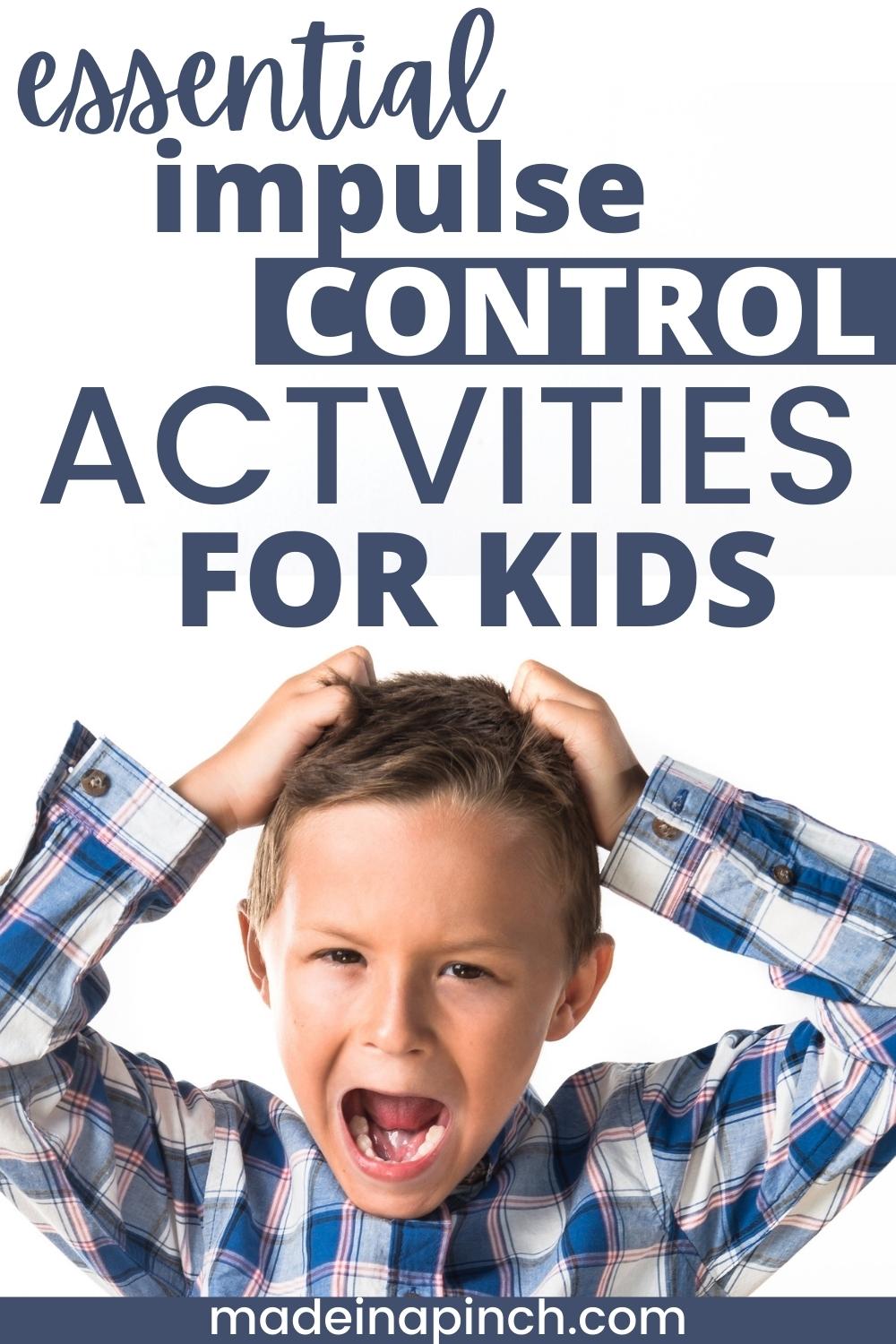 Emotions can overtake at the most inopportune moment, preventing rational thinking from finding the right solution. Therefore, it is important to learn to control yourself in order to understand your true desires and motives. We have collected 5 simple tricks from the free online course "Emotional Intelligence" that will help you work through emotions in the moment and avoid unpleasant consequences.
Emotions can overtake at the most inopportune moment, preventing rational thinking from finding the right solution. Therefore, it is important to learn to control yourself in order to understand your true desires and motives. We have collected 5 simple tricks from the free online course "Emotional Intelligence" that will help you work through emotions in the moment and avoid unpleasant consequences.
Detachment from what is happening
Negative emotions in most cases arise at the moment when another person takes out their discontent, evil, bad mood or resentment on you. We automatically want to respond in kind, to protect ourselves from the flow of negativity. But such action can only exacerbate the situation. At this moment, it is better not to react to the emotional manifestations of a person, skip unpleasant words past you and not let emotions take over you. Get distracted by something, go somewhere else. Let the person cool down and try starting the conversation again.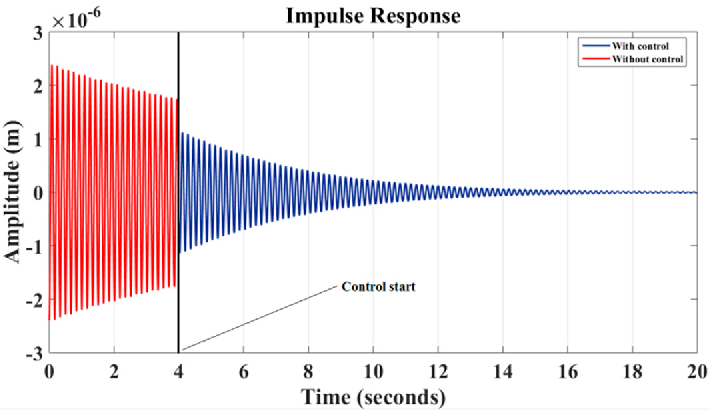
Self-hypnosis
Sometimes we are overcome by strong anger, at this moment it is difficult to quickly calm down and come to our senses. Try to look at the problem from a different angle. Think that this situation is another experience in life that just needs to be experienced. Emotional outbursts make us stronger and more resilient, so everything must be treated philosophically. At first, it will be difficult to control your emotions, so remind yourself that in this way you form an inner core in yourself.
Pause
Sometimes it's hard to immediately completely calm down, telling yourself "stop, stop being nervous." The main task of emotional intelligence is to be able to slow down, pause. At this point, you need to turn on your brain and think about what happened, why you are reacting this way. Then decide how best to act in this situation, and only then begin to act.
Breathing exercises
Surely you have already heard the advice about deep breathing during a surge of emotions.